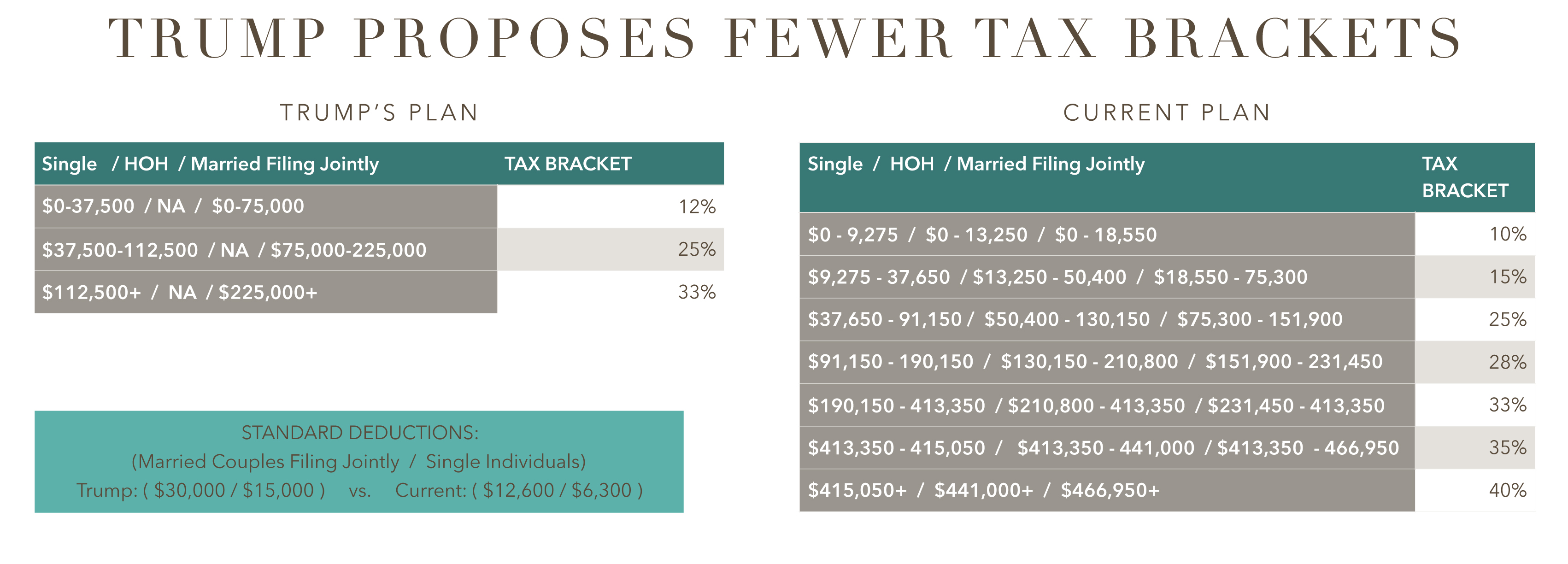Stock Indices:
| Dow Jones | 42,270 |
| S&P 500 | 5,911 |
| Nasdaq | 19,113 |
Bond Sector Yields:
| 2 Yr Treasury | 3.89% |
| 10 Yr Treasury | 4.41% |
| 10 Yr Municipal | 3.31% |
| High Yield | 7.26% |
YTD Market Returns:
| Dow Jones | -0.64% |
| S&P 500 | 0.51% |
| Nasdaq | -1.02% |
| MSCI-EAFE | 17.30% |
| MSCI-Europe | 21.20% |
| MSCI-Pacific | 10.50% |
| MSCI-Emg Mkt | 8.90% |
| US Agg Bond | 2.45% |
| US Corp Bond | 2.26% |
| US Gov’t Bond | 2.44% |
Commodity Prices:
| Gold | 3,313 |
| Silver | 33.07 |
| Oil (WTI) | 60.79 |
Currencies:
| Dollar / Euro | 1.13 |
| Dollar / Pound | 1.34 |
| Yen / Dollar | 144.85 |
| Canadian /Dollar | 0.72 |
YOUR FINANCIAL FUTURE/Estate Planning-Do It Yourself or the State Will Do It for You
Intestate, a word that should send shivers up your spine. I’m sure it did for the family members of these famous entertainers: Michael Jackson, Amy Winehouse, Prince, Kurt Cobain, Bob Marley and Jimi Hendrix. It surprised me that these other famous people also died intestate, meaning they did not have a legal will: Howard Hughes, Martin Luther King, Jr. and Abraham Lincoln.
What all these folks have in common is that they did not prepare a plan for their affairs after they died. Their estates took years and thousands of dollars in attorney’s fees to settle. And it is likely in many cases that their assets may not have been distributed as they desired. Of course you have heard “you can’t take anything with you”, but I strongly believe that it is best if you choose who gets it!
Over the next several articles I am going to delve into estate planning. I am not an attorney and am not holding myself out to practice law, but as part of my financial planning practice I do ask if my clients have prepared for the disposition of their assets and whether they have a health care proxy, a durable power of attorney, a trust, guardianship for their children etc. Today we are going to concentrate on perhaps the simplest but essential estate planning tool, a will. Shockingly, two-thirds of Americans die without one. Yet everyone needs a will, not just married individuals or those with children. Single folks have assets too! Without a will you are telling your loved ones the following:
you prefer to have the courts make the decisions regarding the disposition of your assets rather than yourself;
it is OK that people that you may not have even known could end up as heirs to your estate;
while you could have planned to minimize legal costs and estate taxes, you would prefer to enrich your lawyers, your state and the federal treasury departments;
while you could have specified guardians for your children, your family may make those decisions easily or they may argue about it; and finally ……. it is fine if your private and financial affairs are made public.
Dying intestate is a horrific mistake for your family. I know most folks would rather think positively about their future and not about their eventual demise. Death is one event we will not escape so it makes sense to spend the time to plan for your loved ones, your friends and/or those organizations that you would leave a bequest. Would you rather have the government make those choices for you? Worse yet, without a will, fraudsters can lay claim to your assets. And it can take years to settle your estate while your private life is made public. Procrastination, laziness, a feeling of invincibility…all these can be used as excuses not to prepare a will. Don’t let that happen to your family! Meet with an estate planning attorney who can guide you through the process and prepare the documents particular to your state law and your circumstances. A living trust can be beneficial and I’ll write about that next time. Once completed, your will and any accompanying documents should provide you and your family members with a sense of peace. I know that it worked for me!


